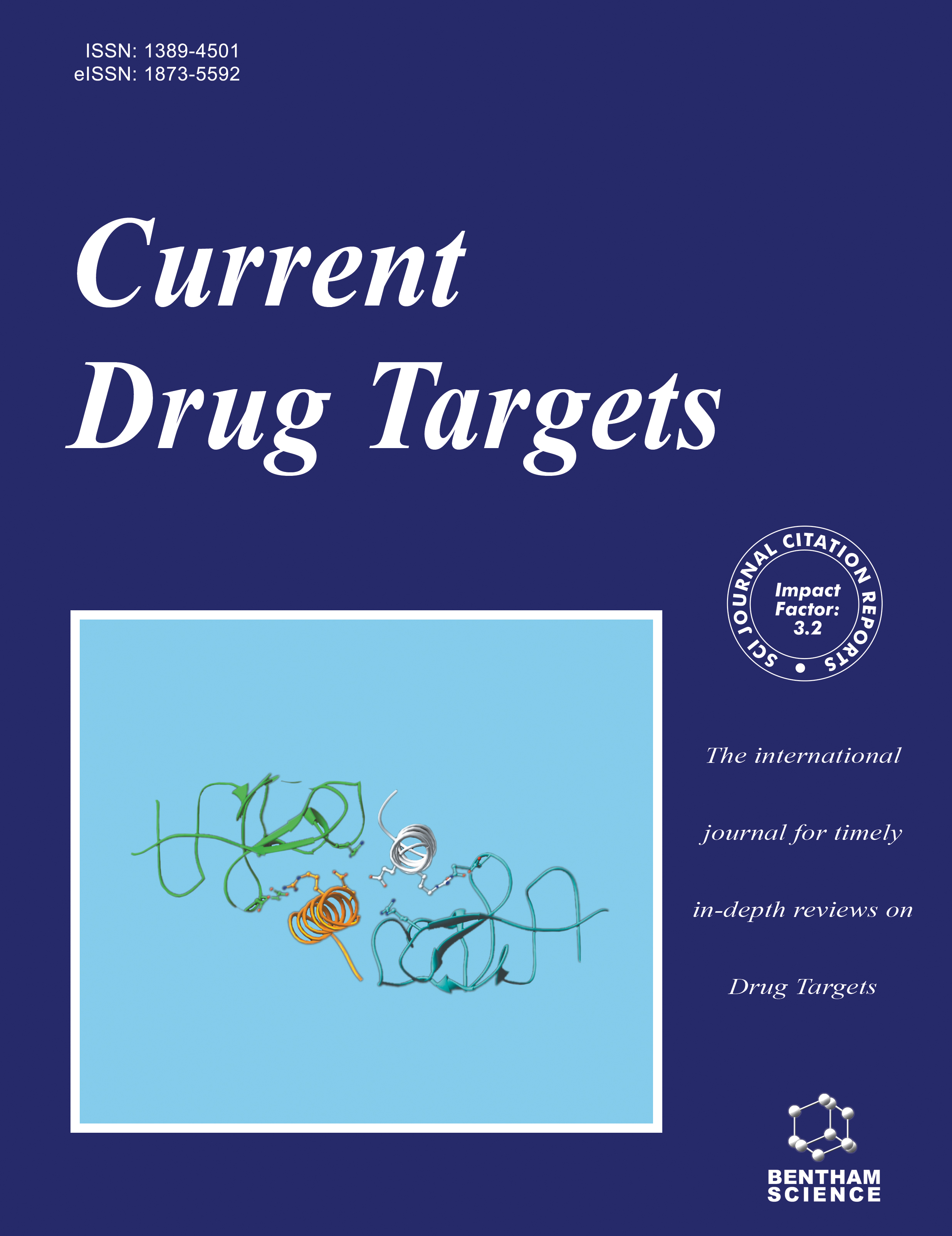-
oa Editorial (Thematic Issue: Medical Challanges in Inflammatory Bowel Disease: Quo Vadis in Disease Complexity?)
- Source: Current Drug Targets, Volume 15, Issue 11, Oct 2014, p. 1001 - 1001
-
- 01 Oct 2014
Abstract
Crohn’s disease (CD) and ulcerative colitis (UC) are the two major forms of Inflammatory Bowel Disease (IBD). These progressive and disabling diseases represent a major challenge for clinicians facing complex patients. The multifaceted aspects of disease characteristics require constant update for the gastroenterologists taking care of both CD and UC patients. In this special issue of Current Drug Targets several aspects of IBD management are covered that go far beyond the classical medical therapy. First of all management in challenging cases should always cover optimization of conventional medical therapies, that is the initial and crucial step when patients are most difficult. Indeed our therapeutic armamentarium for chronic conditions is still limited depsite the arrival of new biologics such as vedolizumab and golimumab. In this regard, when biologic therapies are ongoing or are about to be started, accumulating evidence indicates that pharmacokinetics of these drugs should be monitored, considering that this is a very rapidly evolving field and evidence starts to build on key aspects that show that drug level monitoring could lead to cost savings. However, controlled trials showing a positive impact from measuring drug levels and antibodies against monoclonal antibodies on disease outcomes are still lacking in IBD. Furthermore, clinicans should always keep in mind that half of the patients with newly diagnosed CD will develop some bowel damage (strictures, abscess and/or fistulas) at 10 years. Similar to rheumatoid arthritis, a therapeutic window of opportunity is offered to both doctors and patients, and the most effective treatments should be initiated in order to stop disease progression or to prevent disease complications such as disability and bowel damage. Many other aspects of the complexity of IBD are covered in the special issue, including iron deficiency, that is the most common extraintestinal manifestation, and is frequently forgotten and thus undertreated, or nutrition, that is a key aspect of disease management. A growing body of evidence indicates that iron deficiency should be systematically screened and treated even when it is not associated with anemia. Indeed, iron deficeincy has a major impact on patients-reported outcomes such as fatigue and quality of life and leads to anemia in most of cases. Malnutrition is also underdiagnosed in adults with IBD while it concerns 75% of hospitalized patients with CD. The beneficial impact of nutrition support on disease course is well established in children with IBD. Obviously, the complexity of patient care also embraces extraintestinal manifestations that are seen in about one third of IBD patients and in particular the best strategies and evidence that try to identify the most suitable patients for response to biologic treatment, but also the critical clinical scenario of controindication to such drugs, if a patient has a cancer history. Finally, evolving aspects take care of psychotherapeutic interventions targeting the psychological factors involved in IBD, not only as therapy but expecially when patients are about to undergo surgery. The mind should be always considered as part of the medical treatment, with a multidisciplinary team. Last but not the least, many patients are using complementary medicines, that even though are little prescribed by specialists, are very popular from the patient perspective. Recognizing this issue is a prerequesite to improvement of patient-physician relationship as the only answer prodived by most of physicians is still the same: “it does not work”. Indeed, patients are using complementary medicines because they are not satisfied with their conventional treatment and tend to stop it, thus contributing to non-adherence. All the above are just few burning aspects highlighted to try to embrace disease complexity, but enough to make IBD as one of the more intriguing diseases for GI specialists.


